BRAND WARS - THE BENEFITS
When McDonald’s recently lost the trademark for Big Mac, Burger King in Sweden took full advantage, labelling their own products “Like a Big Mac, But Actually Big” and “Kind Of Like A Big Mac, But Juicer And Tastier” for a campaign of their own.
It’s difficult to think that a direct criticism of your product can be beneficial for a brand, but this is an example of brand rivalry in action, and it put both McDonald’s and Burger King at the forefront of our minds.
As PR professionals and brand guardians, of course, when brands go to war we need to be ready to protect reputations and enhance positive sentiment.
But it’s not always bad when a battle breaks out: rivalries create coverage, positive association, and raise individual brands into a story which consumers can engage with and relate to more than they could with a stale statement.
With McDonalds and Burger King, we are endeared by the sense of joshing, drawn closer by a human element, and are motivated to spread the word by the social currency value in humorous and risky content.
Burger King benefits the most, but the context that these two have been at loggerheads for years softens the impact of the criticism and makes consumers stop short of taking any claims at face value. The “Like a Big Mac, But Actually Big” campaign becomes less of an attack on McDonald’s burgers, and more one Act in a long, emotive, comedic narrative of a brand rivalry.
And you have to mention McDonald’s to tell the story properly.
We also see this in the most liked branded tweet of all time – with just over one million likes. Just three words long, it’s again at McDonald’s expense. While Kanye is a polarising figure, more than a good percentage of this engagement is from those who are enjoying the sport of it rather than taking a negative stance on McDonalds. And McDonald’s have been exposed to over a million people in the process.
A key difference between these swipes, and the ones you need to start preparing crisis statements for, is in emotion. Sentiment analysis alone would have you believe these are not great moments for McDonald’s. But our focus at Tin Man is communications with heart, and in both instances the context of a brand having a regular sparring partner makes us react warmly. It’s funny, feels as human as your mates down the pub, and we want to share that feeling with others.
We believe McDonald’s will benefit from this association. So, it’s not always bad to be the butt of the joke.

